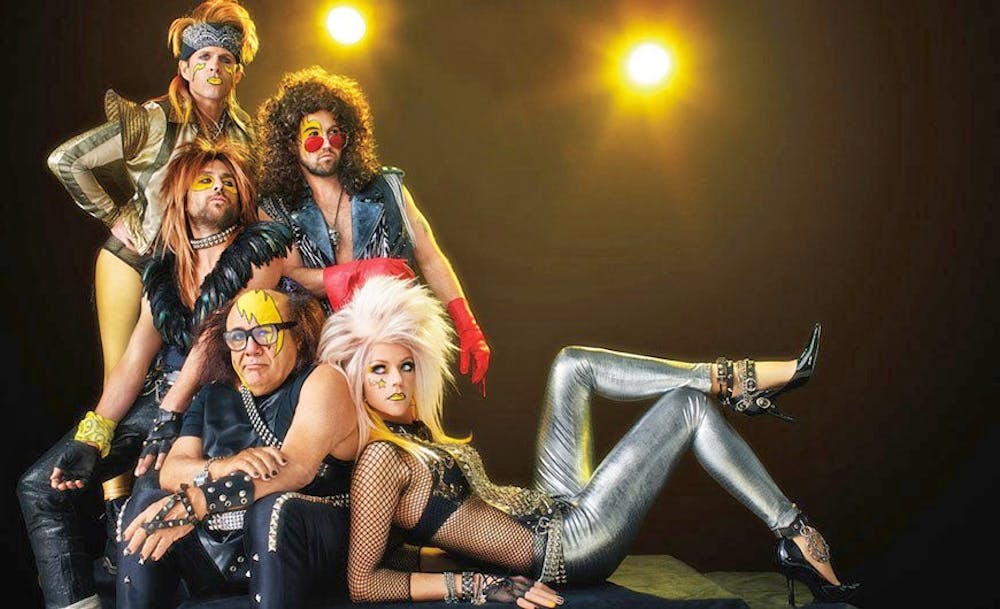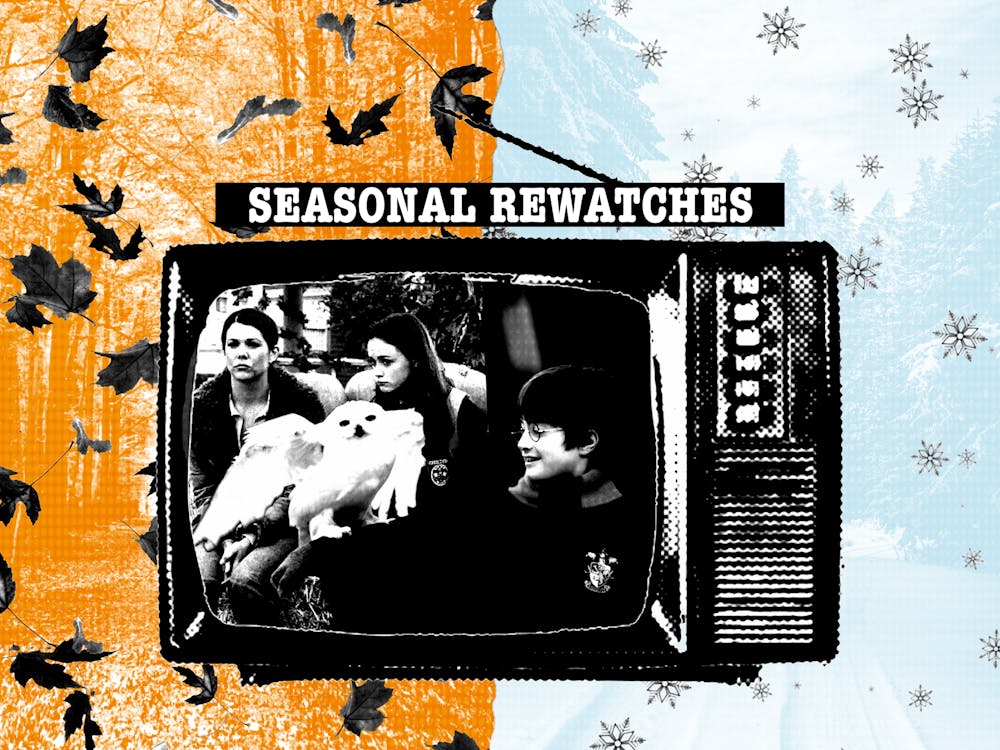"It's Always Sunny in Philadelphia" has never been afraid to get controversial. Now in its 13th season, it is as popular and as absurd as ever.
The show follows a gang of five narcissists with little regard for others, each nursing a deep love for beer and a tendency to get themselves in peculiar situations. They consistently drink the days away in Paddy's Pub, the bar they all own together and headquarters for many of their antics. We love to hate the dysfunctional gang, no matter how egotistic or destructive they can be.
Many of the show's episodes are centered on social issues, from gender politics to racial profiling. Given the cast of characters, it can be a bit alarming to see how closely the gang balances on the line between comedic and offensive. They manage to stretch the line as far as it can go, delving at times into blackface, heavy drug use and predatory rock operas. Once you get past the initial shock, however, you'll find an entertaining multi-layered comedy with lots to offer.
With its underlying political commentary, "It's Always Sunny" has crept into the mainstream as a progressive and socially relevant show. It's difficult to grasp at first: Dennis is a sex-crazed psychopath; Frank enjoys a fortune brought about by spitting in the face of ethics; Mac masks his insecurities with toxic masculinity; Charlie spends his time stalking a woman who hates him; and Dee, the sole woman in the group, channels the constant barrage of sexist remarks sent her way into bitterness and cruelty.
By their nature, the gang becomes the perfect outlet to make a point. As the show brings social and political issues to the forefront amidst the erratic tendencies of the gang, audiences are able to think through the issues in a way that the gang is simply unable to. Their immoral actions bring up topics like prejudice and privilege, and we are left to watch the gang hilariously stumble through social issues so that we can take something from it, even though we know the gang won't learn a thing. That's what makes it so continually entertaining.
While the entire series remains entertaining today, a show as long-lasting as "It's Always Sunny" is bound to have its early episodes received differently in today's society than when they first aired.
For example, look at the series pilot, 2005's "The Gang Gets Racist." In the episode, the gang tries to prove they aren't racist after being surprised by Dee bringing a black man to Paddy's. In their frenzied attempt to dispel the claim, they end up coming across as more racist without realizing it.
The episode remains funny and relevant today, but there are a few moments that wouldn't sit well if it were to air in 2018, particularly when Charlie drops the n-word. He doesn't mean anything by it, unaware that it's not an acceptable word to say, and the rest of the gang doesn't seem phased by it.
Fast forward twelve seasons to "Hero or Hate Crime?" when Charlie says the word again. This time around, the gang goes into an uproar and calls him out for saying it. The same joke is treated very differently, and the gang, while still terrible people at heart, have learned the errors of their ways. The show's writers (who also happen to be the stars) acknowledge the show's roots in the attempt to bring attention to its past wrongdoings and correct them in the context of today's political climate.
The show's most recent episodes do not stray from touchy topics. Mac came out as gay in the 12th season of "It's Always Sunny," despite being a devout Catholic who spent all 12 previous seasons speaking out against homosexuality. The most recent episode, "Time's Up For the Gang," saw the group attending a sexual harassment seminar after their bar is labeled as sexually hostile to women.
The charm of "It's Always Sunny" is its willingness to take on hot political and social topics and to adapt with the times. The gang remains their old, impulsive selves, but they are able to channel that into a more relevant manner that is consistently able to say something about the society we live in. "It's Always Sunny" presents a different, funnier way of encountering social issues, which is exactly why everybody should be watching it.
Season 13 of "It's Always Sunny in Philadelphia" airs Wednesday nights at 10 p.m. on FXX.
Enjoy what you're reading?
Signup for our newsletter
taguera@miamioh.edu




